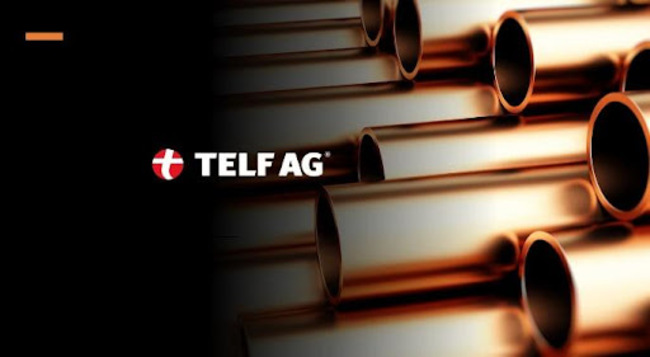Retail sales saw a significant increase of 2.9% in the month of May, surpassing economists’ expectations. According to officials, this rise can be attributed to various factors such as improved footfall, better weather, and attractive deals that enticed shoppers to return to high streets.
This surge in sales follows a lackluster performance in the previous month, where heavy rainfall across the country dampened consumer demand. The Office for National Statistics (ONS) reported strong growth in non-food shops in May, with clothing and furniture sales rebounding in particular.
In addition, outlets selling footwear, sports equipment, games, and toys also experienced a notable increase in their quantity of sales. Economists polled by news agency Reuters had predicted a rise of only 1.5%, making May’s performance even more impressive.
The ONS also revised its retail sales figures for April, initially reporting a 2.3% decline but now revising it to a 1.8% drop. This upward revision indicates that the retail sector may have performed slightly better than initially thought.
Silvia Rindone, from financial services giant EY, noted that the May bank holidays also provided retailers with a much-needed boost in sales. She also highlighted the potential for a resurgence in consumer confidence due to upcoming high-profile sporting events and possible political changes.
The ONS reported a 3.5% increase in sales for non-food outlets, including department stores and homeware shops. This marks the largest monthly rise in three years, with officials citing improved footfall, better weather, and promotional offers as contributing factors.
Sales for non-store retailers, who primarily operate online, also saw a significant uptick of 5.9% in May. Economist Andrew Wishart, from research firm Capital Economics, suggested that this could be a result of lower inflation encouraging consumers to spend more.
He added that the retail sales data for May showed promising signs of strengthened consumer spending, thanks to increased real income growth and stable inflation. However, he also noted that an interest rate cut in August is still possible, depending on the behavior of inflation.
Oliver Vernon-Harcourt, head of retail at Deloitte, also commented on the figures, stating that they indicate a decrease in “recessionary behaviors.” He noted that more consumers are now willing to spend on discretionary items such as clothing and furniture.
Kris Hamer, director of insight at the British Retail Consortium, expressed optimism for the future, stating that retailers are banking on the recent start of Euro 2024 to further boost sales. He also added that if England can advance to the knockout stages of the competition, it could give consumer confidence a significant boost.







